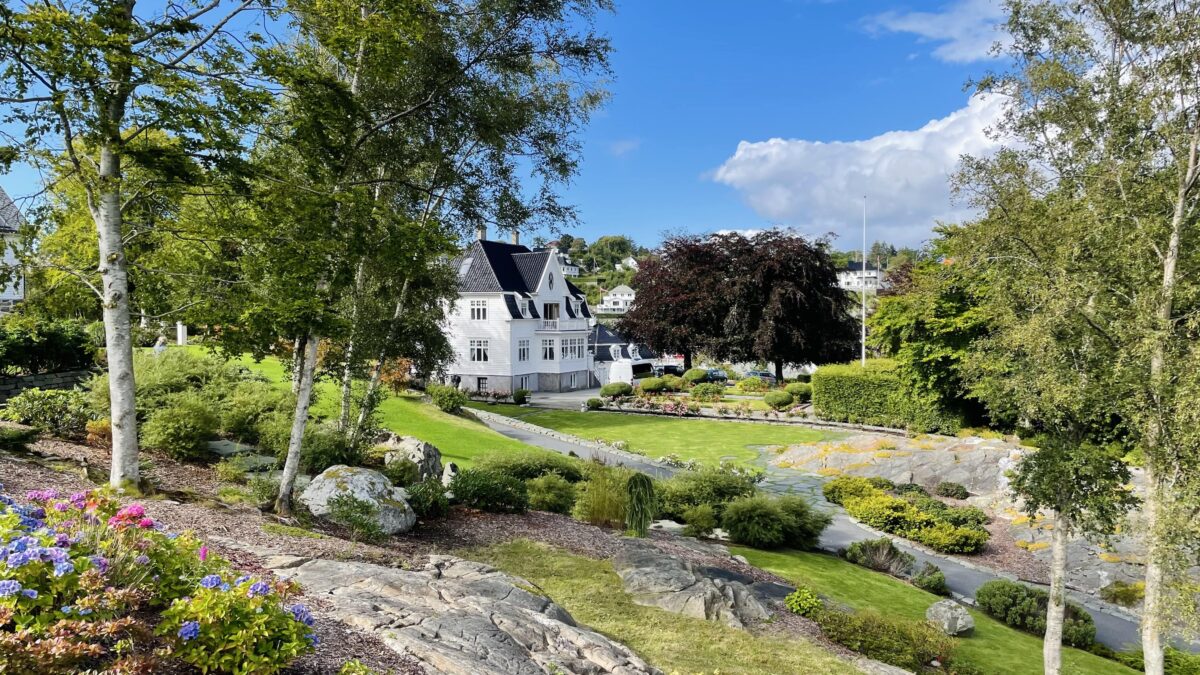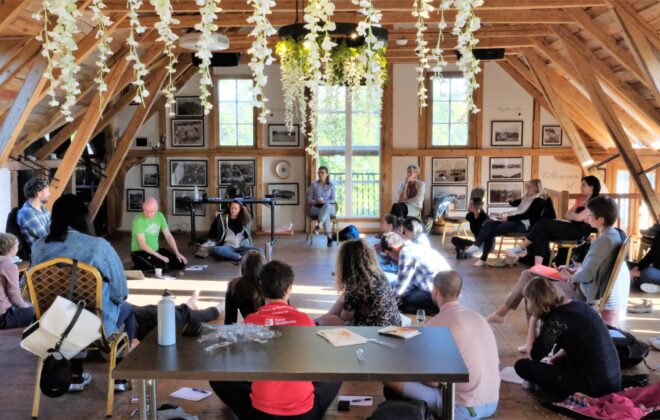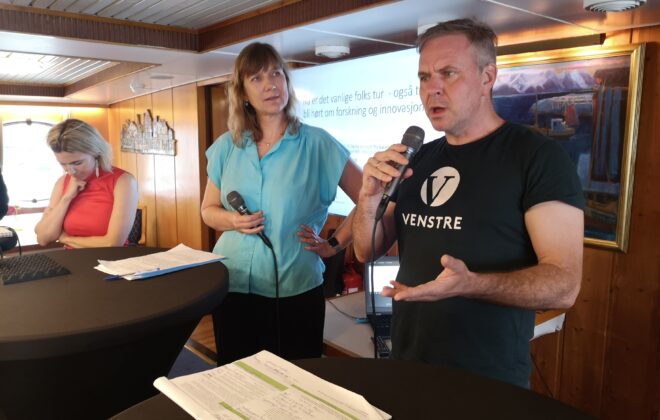The first AFINO summer school – Expanding the concept of RRI
Background information:
The first AFINO summer school, titled ‘Transdisciplinary RRI’, was held in Bekkjarvik, 23rd-27th August 2021.
It was organised by Anne Blanchard (leader of the WP3 AFINO Research School) at the Centre for the Study of the Sciences and the Humanities (SVT), in collaboration with the Centre for Digital Life Norway (DLN); particularly Anders Braarud Hanssen and Roger Strand.
It assembled:

The summer school was designed as a retreat (see post Nurturing a vibrant RRI community by Eva Murvold), and days were articulated around short key notes, interactive activities, significant time for group work, and other voluntary activities such as yoga, meditation and walks to continue the discussions in the natural surroundings.
After more than a year and a half of virtual interactions, the idea was to create and hold a safe, slow, interdisciplinary, reflexive and dialogic space that participants demanded (see post on the workshop on Teaching RRI through practice, where participants got to design their ‘dream summer school’), as well as to approach responsibility in research through different academic, personal and physical experiences.
Representing challenges of RRI
To this aim, the participants were placed in interdisciplinary groups throughout the week, with each group reflecting on and representing one of three key challenges of RRI related to its (i) implementation, (ii) methods and (iii) evaluation. The idea was for them to experience whether interdisciplinarity work could be a way to think about RRI challenges critically and creatively.
The participants’ representations of RRI challenges are fully uploaded onto the AFINO RRI gardens, and here are the previews:
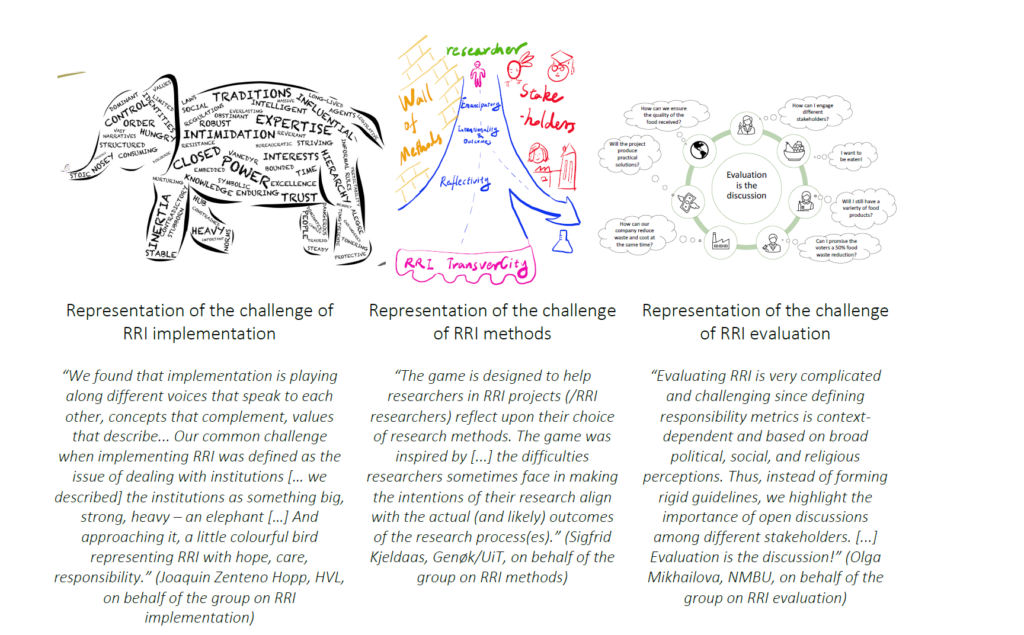
Expanding the concept of RRI
The alignment of intentionality and finality, within the complex navigation of (i) one’s own various roles as researcher, practitioner, citizen, and so on; (ii) the different publics that are more or less visible, and more or less close to the issue at hand; (iii) the different contexts, both local and global; and (iv) the hidden ‘slogans’ (or injunctions) of science that we are subjected to.
The embodiment of the research we do, and a raised awareness of the words, attitudes and body language we use and adopt when we are practicing RRI-type of research. This necessitates being connected to oneself and one’s humanity.
An emancipatory practice that promotes creativity and freedom (of oneself, of others, of the world). This requires reflexivity and the questioning of western ideals of ‘control’ or ‘excellence’ for instance, and relying on approaches and attitudes of care and humanity.
The engagement in meaningful, purposeful research and actions, that are connected to the world in complex ways. This demands to make sense of one’s own research, by taking note of what is considered, and what is not, in the scope of the research.

For us in the teaching team, a key learning outcome was an increased awareness of how RRI is also a matter of creating and holding safe and slow spaces, to enable tapping into our creative selves, and engage in reflections about responsibility and care at a deeper level.
Having both lectures and activities (such as yoga, meditation or walks) contributed to create what the participants described as a “safe space”. As a participant mentioned: “This summer school brought me back to who I am. I feel now brave to be myself, and to reopen the drawer of my creative self, that was closed for several years.”
It is the ambition of the AFINO research school to continue holding this safe space, for taking the different ways of looking at RRI further; indeed as central themes of an upcoming summer school, co-organised with DLN.
Featured image: Bekkjarvik Gjestgiveri at Austevoll, where the AFINO summer school was held. Photo: Anne Blanchard.
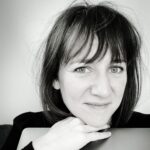
Anne Blanchard
Anne Blanchard is a researcher at the Centre for the Study of the Sciences and the Humanities at the University of Bergen, where she is working on projects studying how science is employed for complex and uncertain climate and health challenges.
She is also the leader of The AFINO Research School. Read more about Anne at AFINO's webpage.

